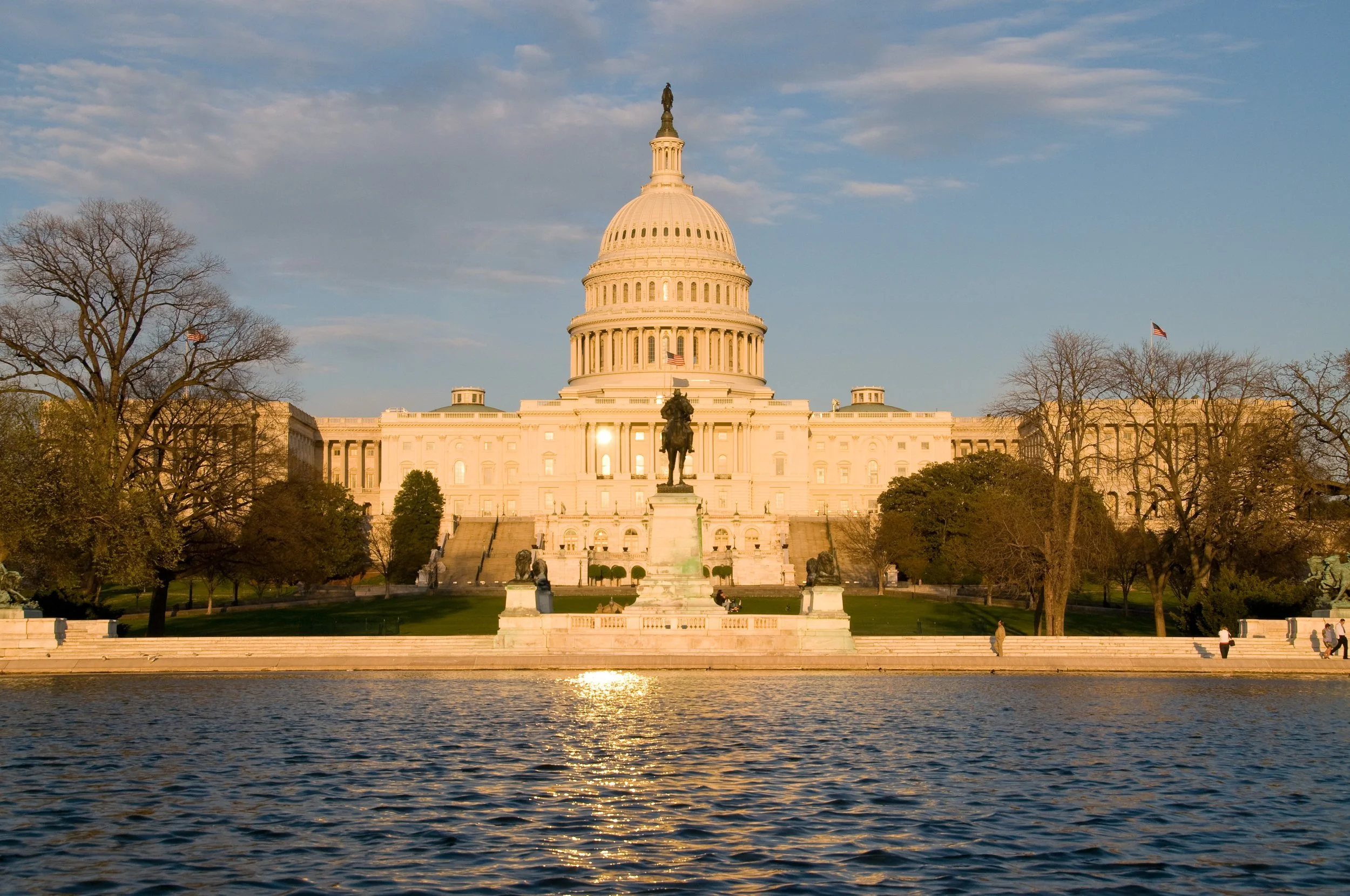Today’s United States Senate Judiciary Committee Hearing, “Renewing and Strengthening the Violence Against Women Act (VAWA),” underscored survivors’ urgent needs. Chair Durbin and Senator Ernst confirmed their commitment to working together to secure a bipartisan bill to reauthorize, modernize, and strengthen VAWA. The National Task Force to End Sexual and Domestic Violence (NTF) appreciates the Senators’ support for reauthorizing VAWA, and we also appreciate Deputy Attorney General Lisa Monaco’s testimony about the importance of reauthorizing a VAWA that centers the needs of American Indian and Alaska Native survivors, of Communities of Color, of LGBTQ survivors, of rural and other underserved communities, and that closes the so-called ‘boyfriend loophole.
We must remain mindful of the fact that this VAWA reauthorization is occurring nearly two years into a pandemic: a public health crisis that is unparalleled in our lifetimes and one that literally changed the way in which we provide the life-saving services that we do every day. Because of this, in addition to the important DOJ-centered responses that were discussed today, we urge the Senate to work toward a final bill that responds to the totality of survivors’ needs including housing, unemployment insurance, training for employers on responding to gender-based violence, and prevention.
The NTF rejects any proposal to reauthorize VAWA through a short-term extension. VAWA is receiving record funding through the annual appropriations process, and while VAWA must be reauthorized swiftly, reauthorizing it without key enhancements does not meet the needs of survivors. Bipartisan negotiations have been ongoing for five years, and the Senate must move forward. We urge the Senate to introduce and pass a robust, bipartisan VAWA this year that builds on the House-passed bill, H.R. 1620, with survivor-centered enhancements to meet the urgent needs of our communities. We cannot wait. Survivors cannot wait. Tribal Nations cannot wait. Advocates cannot wait. We are ready to support a bill that is responsive to the current realities of survivors, advocates, and our communities.
